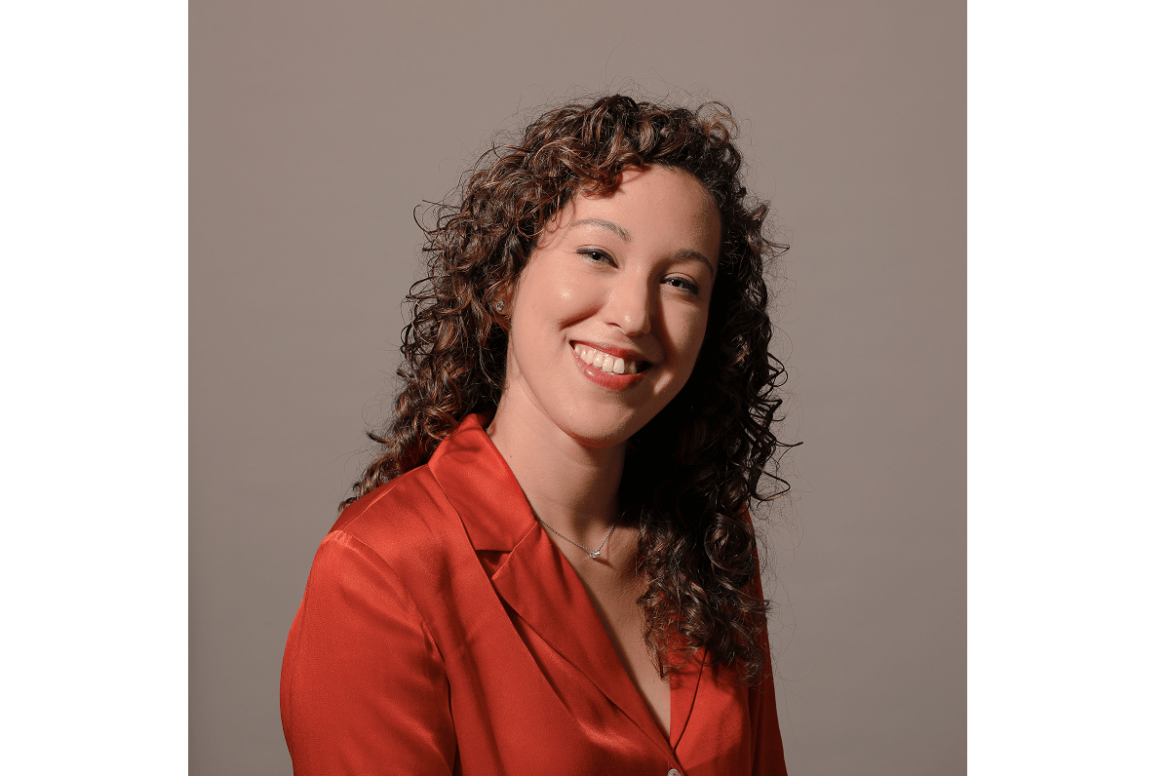The New Barcelona Post starts this interview with Valeria Andrade is the first in a monthly series of conversations with young managers who participate in the Barcelona 2040, the leadership and city program offered by Barcelona Global. The objective is for this new generation of leaders to share with us their vision of the Barcelona of the future to which they aspire, as well as their impact proposals for the improvement of the city.
— What do you expect from the Barcelona of the year 2040?
— I believe that the growth of the city will bring Barcelona to the metropolitan reality, becoming more and more like the large cities to which we aspire in terms of size. In any case, in 2040 I hope to live in a transformed Barcelona, which will be a reference in sustainability, inclusiveness, innovation and creativity, but maintaining that essence that makes it a unique place.
— With which city would you compare Barcelona?
— At present, strategic projects for the future are being carried out that position Barcelona alongside other large European cities: the plan for the Superilles and the adaptation of the city to have more green spaces and free of traffic is in line with the idea of the city of 15 minutes of Paris; or the Ciutadella del Coneixement as a node of knowledge, dissemination, research and innovation that has also been promoted in places such as Oslo, with the Oslo Science City.
— What model of city do you think Barcelona should resemble?
— Barcelona should adopt its own city model, adapting good practices to its own characteristics and challenges. For example, rethinking the visitor economy as Amsterdam is doing, but also betting on going a step further in the digitization of city services, as Seoul is doing, to become a Smart and Inclusive City.
— What is the main challenge that Barcelona must solve in the coming years?
— I think the housing issue is long overdue. We can bet on new strategies for the future, on new economic sectors, but if we are not able to offer affordable housing options for citizens, we will always end up being left behind.
— What do you think should be the role of the new generations and their involvement in the development of the city?
— The new generations have to recover the lost hope and reactivate the soul of the city. From getting to know Barcelona, its neighborhoods, its museums, its theaters, its parks, its restaurants, to getting involved in making it better. At a time when individualism prevails, we cannot lose the spirit of collaboration that has led us to create and promote the best moments in our history.
— What business sectors do you think Barcelona should invest in?
— I believe that the commitment to innovation and entrepreneurship that has been taking place for some time now is positioning Barcelona in a league where perhaps a few years ago we thought we had no place. We can continue to demonstrate our potential in sectors such as science and knowledge, the creative industries or other impact economies, in order to continue to attract talent and business.











